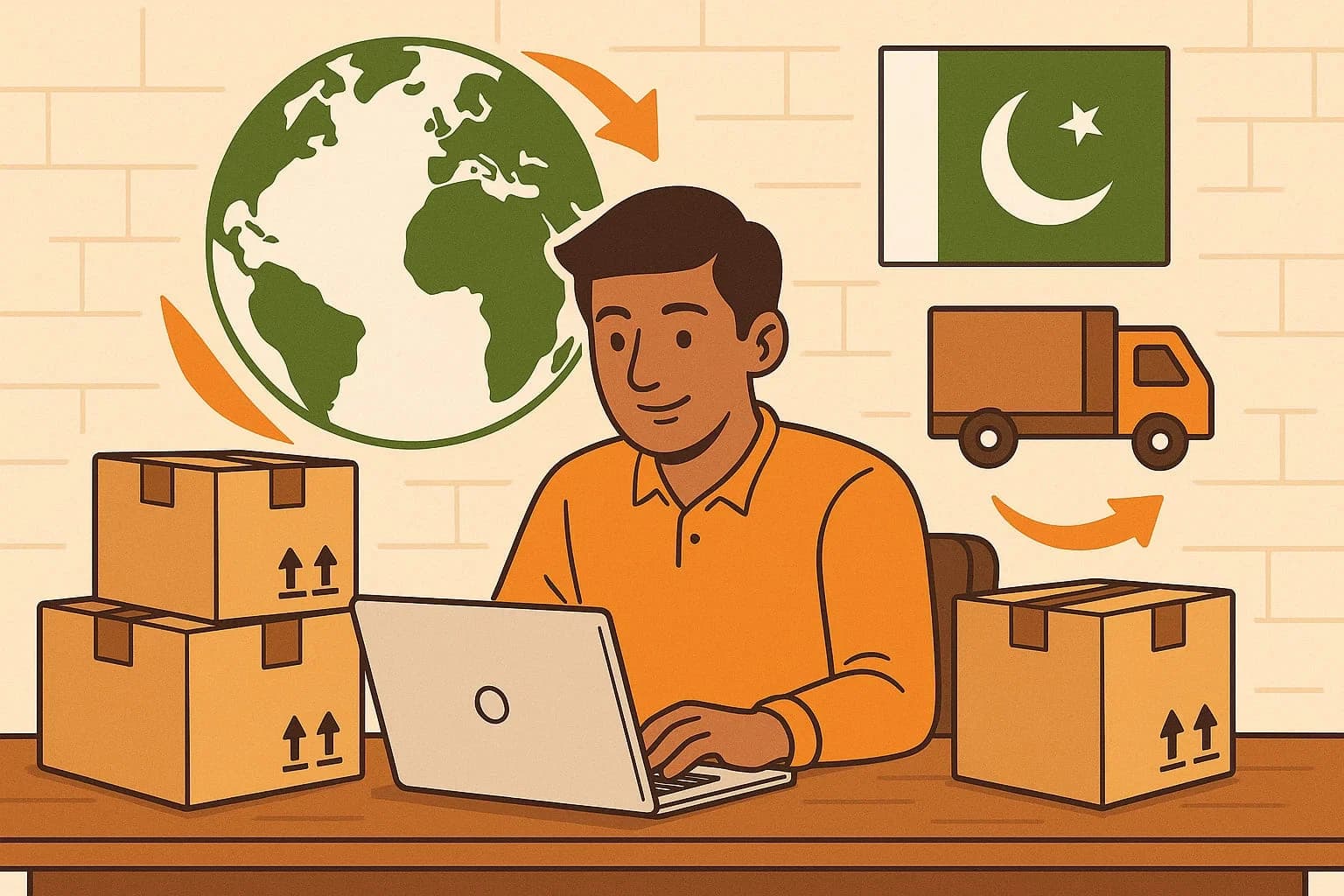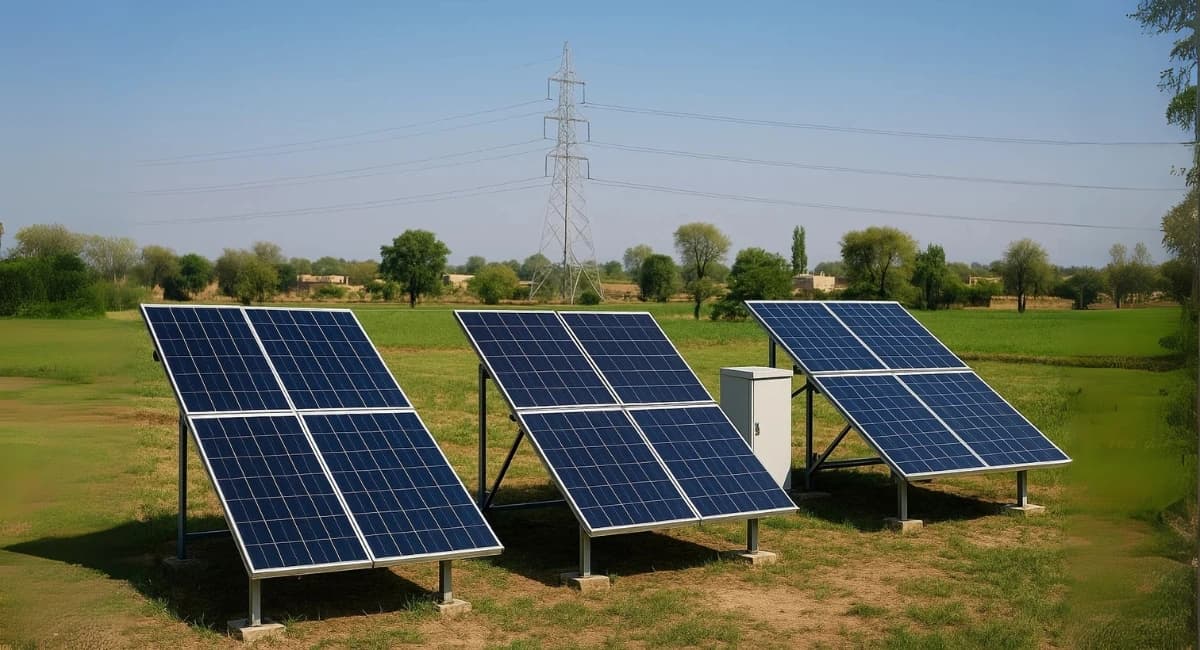1. Small-Scale Manufacturing
Pakistan’s manufacturing potential is often overlooked at the small-business level. From handmade leather goods in Sialkot to custom sportswear in Faisalabad, small-scale production units can be extremely profitable.
Examples:
-
Fabric bags, school uniforms, gym wear
-
Wooden decor, plastic items, handicrafts
Startup Cost: PKR 3–5 lakh (basic equipment, materials, workshop space)
Pro Tip: Focus on “Made in Pakistan” branding for local and export sales via platforms like Daraz and Alibaba.
ions can provide independence and stable growth.2. Beauty Salon or Men’s Barber Shop
The grooming industry in Pakistan is evergreen. Whether it's a ladies’ beauty salon or a gents’ barber shop, people are willing to pay for professional, hygienic, and trend-savvy services.
Startup Cost: PKR 1.5–4 lakh (chairs, tools, branding, rental deposit)
Success Angle:
-
Offer bridal or party makeup packages
-
Set up in a residential area to save on rent
-
Monthly memberships for gents can boost loyalty and income
Local Trend (2025): Men’s salons with skincare and beard care services are booming in urban areas.
3. Mobile Accessories / Repair Shop
With Pakistan’s smartphone user base crossing 190 million, there’s a huge market for mobile accessories and repair services — especially in second-tier cities and busy markets.
Startup Cost: PKR 1–3 lakh (display setup, repair tools, stock)
What to Sell:
-
Earbuds, phone covers, chargers
-
On-the-spot repairs: screens, batteries, software updates
Extra Tip: Partner with local schools/colleges to offer discounts and increase walk-ins.
These businesses require a more serious commitment but offer long-term growth and job creation potential. They also cater to rising demand in urban and semi-urban Pakistan. Check out NAVTTC Technical Courses to upskill yourself in mobile repair.
Modern & Digital Business Ideas
The digital shift in Pakistan has opened doors to countless opportunities — all you need is a smartphone, a bit of strategy, and consistency. Whether it’s selling products online or teaching skills, these business models are scalable, low-risk, and future-proof.
1. E-commerce Store
With platforms like Shopify, WooCommerce, and Daraz Seller Central, starting your own online store is easier than ever. You can sell anything from clothing to electronics to locally crafted items.
Startup Cost: PKR 30,000–80,000 (website, branding, product sourcing)
Steps to Start:
-
Pick a niche (e.g., organic skincare, kidswear)
-
Build a simple site using Shopify or WordPress
-
Use social media ads to drive traffic
-
Partner with cash-on-delivery logistics providers
Trending Niches (2025):
-
Sustainable fashion
-
Organic baby care
-
DIY & craft kits
2. YouTube / TikTok Content Creation
If you're confident on camera or love storytelling, content creation could be your golden ticket. From vlogs, food reviews, tech tutorials to comedy sketches, Pakistanis are racking up millions of views — and income.
Startup Cost: PKR 50,000 (basic phone, ring light, mic)
Earning Potential:
-
YouTube ad revenue, brand deals, and affiliate marketing
-
TikTok monetization via sponsored content & gifts
Popular Topics:
-
Local travel & food
-
Educational content in Urdu
-
“How-to” tech guides
Success Tip: Focus on consistency and niche targeting. A small, loyal audience > random viral hits.
3. Online Tuition / Skill-Based Classes
Education is moving online — and not just for school subjects. People are paying to learn spoken English, coding, Quran recitation, baking, photography, and even AI tools.
Startup Cost: PKR 10,000–25,000 (Zoom license, basic setup)
Platforms to Use:
-
Zoom / Google Meet
-
Facebook Live for free classes
-
WhatsApp groups for communication
Pro Tip: Record your sessions and sell them as digital courses later on platforms like Udemy or Teachable.
These ideas are perfect for young entrepreneurs, students, or stay-at-home parents who want to build a brand from their living room. With digital, your reach isn’t limited to your city — you can sell, teach, or entertain the whole world.
Agriculture & Rural-Based Business Ideas
Agriculture is the backbone of Pakistan, but modernizing and diversifying this sector can lead to highly profitable small businesses, especially in rural and semi-urban areas. These ideas focus on sustainability, scalability, and tapping into unmet local or export demands.
1. Organic Vegetable Farming
The demand for pesticide-free, fresh vegetables is rising fast in urban centers. With a small plot of land and some basic training, organic farming can turn into a reliable income source.
Startup Cost: PKR 50,000–100,000 (tools, seeds, compost)
What You Need:
-
1–2 kanal land (can rent)
-
Organic certification (optional, but adds value)
-
Marketing via farm-to-home models, WhatsApp groups, and urban farmer markets
Pro Tip: Target DHA, Bahria Town, or Clifton residents who pay a premium for health-focused food.
2. Dairy & Livestock Business
Livestock-based businesses like mini-dairies, goat farming, and poultry setups are still among the most profitable rural ventures in Pakistan. With the right care and breed selection, these can generate a stable monthly cash flow.
Startup Cost: PKR 2–5 lakh (animals, shelter, feed)
Popular Models:
-
Goat farming for Eid-ul-Adha season
-
Daily milk supply to local tea shops or households
-
Broiler chicken farming in 45-day cycles
Support Available: Look into Punjab Livestock Loan Schemes and Kamyab Jawan programs for startup capital.
3. Bee Farming / Honey Production
Pakistan produces some of the finest quality honey, and there’s a growing local and export market. With training and a few beehive boxes, you can start bee farming even on a small scale.
Startup Cost: PKR 80,000–120,000 (training, hives, tools)
Revenue Streams:
-
Raw honey
-
Beeswax products
-
Wholesale to cosmetic or herbal brands
Tip: Focus on branding — packaging and purity sell better than quantity.
These ideas are not just profitable — they’re sustainable, job-creating, and often supported by government grants. Especially for those in small towns or villages, these options can provide independence and stable growth.
Conclusion
Starting a small business in Pakistan today is more than just a financial decision — it’s a step toward freedom, self-reliance, and building something of your own in a country full of opportunity. Whether you're living in a busy city like Karachi or Lahore, or a quiet village in Punjab or Balochistan, there's a business model out there that fits your skills, budget, and goals.
In this guide, we explored 25+ small business ideas that actually work in Pakistan — from freelancing and food services to farming and e-commerce. Some ideas require as little as PKR 10,000, while others can scale with a few lakh rupees and a solid plan. What they all have in common is potential — real, practical, locally proven potential.
So how do you choose the right idea for you?
Start by asking:
-
What skills do I already have?
-
What problem can I solve in my local community?
-
How much can I realistically invest to start?
-
Do I want something digital, hands-on, or a mix of both?
Don’t wait for the “perfect time.” Start small, stay consistent, learn as you go, and scale smartly. Some of Pakistan’s most successful entrepreneurs began with nothing more than a side hustle — maybe you’ll be the next one.
We’d love to hear from you:
Which idea stood out to you? Got a unique business running already? Share your thoughts, success story, or questions in the comments!
Related


.webp&w=3840&q=75)


